
Rawalpindi: The Heartbeat of Pakistan's Heritage
Rawalpindi, often referred to as 'Pindi' by locals, is a city steeped in history and culture. Situated near the capital, Islamabad, it serves as a gateway to the northern regions of Pakistan. This city is a blend of the old and the new, where bustling bazaars coexist with modern infrastructure, offering tourists a unique experience. Stroll through the vibrant Raja Bazaar, where you can find everything from traditional handicrafts to the latest electronics. The market is a sensory overload, with the smell of spices, the sound of vendors, and the sight of colorful textiles. Don't miss the chance to visit the Moti Bazaar, known for its jewelry and traditional garments. Rawalpindi is also home to several historical sites. The Rawat Fort, built in the 16th century, is a must-visit for history buffs. The fort offers a glimpse into the Mughal era with its ancient architecture and strategic location. Another notable site is the Ayub National Park, perfect for a family outing with its beautiful gardens, lakes, and even a small zoo. For those interested in religious tourism, Rawalpindi offers a range of beautiful mosques and temples. The Jamia Masjid is an architectural marvel, while the Krishna Mandir stands as a testament to the city's diverse religious heritage. Both sites offer a peaceful retreat from the city's hustle and bustle. When it comes to food, Rawalpindi is a paradise for food lovers. From traditional Pakistani dishes like biryani and kebabs to sweet treats like jalebi, the city's culinary scene is sure to delight. Be sure to try the local street food; it's both delicious and affordable. In summary, Rawalpindi is a city that offers a rich tapestry of experiences. Whether you're a history enthusiast, a shopping aficionado, or a food lover, this city has something for everyone.
Local tips in Rawalpindi
- Visit early in the morning to avoid the crowds at popular sites like Raja Bazaar and Rawat Fort.
- Carry cash, as many local shops and street vendors do not accept credit cards.
- Dress modestly to respect local customs and religious sites.
- Try the local street food but make sure it's from a clean and reputable vendor.
- Hire a local guide to get the most out of your visit to historical sites.
Neighbourhoods in Rawalpindi
Rawalpindi: The Heartbeat of Pakistan's Heritage
Rawalpindi, often referred to as 'Pindi' by locals, is a city steeped in history and culture. Situated near the capital, Islamabad, it serves as a gateway to the northern regions of Pakistan. This city is a blend of the old and the new, where bustling bazaars coexist with modern infrastructure, offering tourists a unique experience. Stroll through the vibrant Raja Bazaar, where you can find everything from traditional handicrafts to the latest electronics. The market is a sensory overload, with the smell of spices, the sound of vendors, and the sight of colorful textiles. Don't miss the chance to visit the Moti Bazaar, known for its jewelry and traditional garments. Rawalpindi is also home to several historical sites. The Rawat Fort, built in the 16th century, is a must-visit for history buffs. The fort offers a glimpse into the Mughal era with its ancient architecture and strategic location. Another notable site is the Ayub National Park, perfect for a family outing with its beautiful gardens, lakes, and even a small zoo. For those interested in religious tourism, Rawalpindi offers a range of beautiful mosques and temples. The Jamia Masjid is an architectural marvel, while the Krishna Mandir stands as a testament to the city's diverse religious heritage. Both sites offer a peaceful retreat from the city's hustle and bustle. When it comes to food, Rawalpindi is a paradise for food lovers. From traditional Pakistani dishes like biryani and kebabs to sweet treats like jalebi, the city's culinary scene is sure to delight. Be sure to try the local street food; it's both delicious and affordable. In summary, Rawalpindi is a city that offers a rich tapestry of experiences. Whether you're a history enthusiast, a shopping aficionado, or a food lover, this city has something for everyone.
When is the best time to go to Rawalpindi?
Iconic landmarks you can’t miss
Shakarparian National Park
Experience the natural beauty and cultural vibrancy of Shakarparian National Park, a must-visit destination in Islamabad, Pakistan.
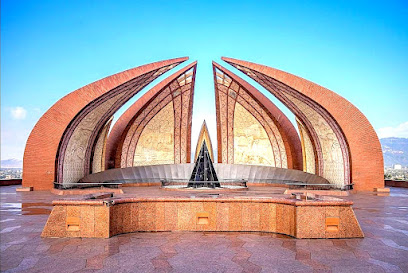
Ayub National Park
Explore the beauty of Ayub National Park, a vibrant natural escape in Rawalpindi, Pakistan, perfect for outdoor adventures and family fun.
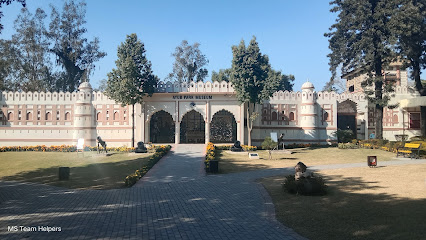
Jinnah Park
Explore Jinnah Park: A Green Retreat in Rawalpindi with Entertainment, Relaxation, and Scenic Beauty Awaiting You.
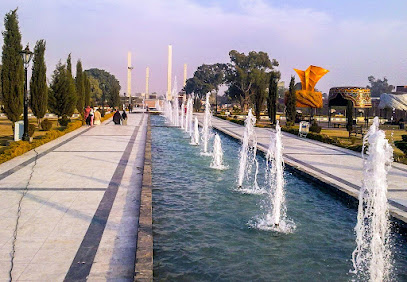
Pakistan Monument
Discover the Pakistan Monument, a breathtaking symbol of national unity and heritage in Islamabad, surrounded by stunning gardens and scenic views.
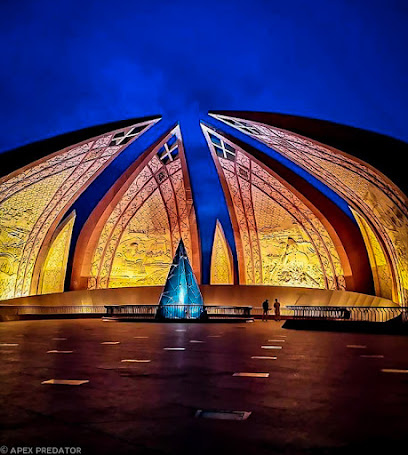
Liaquat Bagh Park
Explore Liaquat Bagh Park, a serene urban oasis in Rawalpindi, where history and nature blend beautifully for an unforgettable experience.
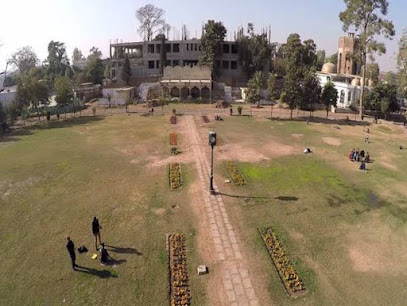
Joyland Rawalpindi
Experience the thrill and joy at Joyland Rawalpindi, an amusement park filled with rides, games, and endless fun for the whole family.
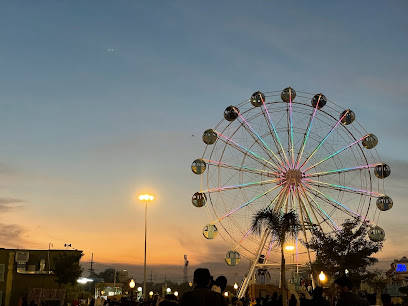
Race Course Park
Experience the lush greenery and vibrant activities at Race Course Park, a perfect blend of relaxation and adventure in Islamabad.
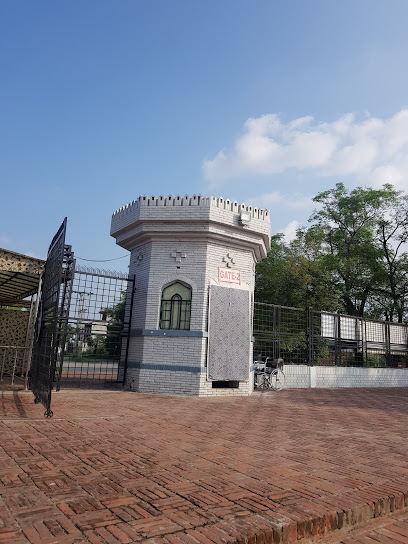
Roomi Park
Experience tranquility and vibrant nature at Roomi Park, Rawalpindi's cherished green escape, perfect for relaxation and cultural exploration.
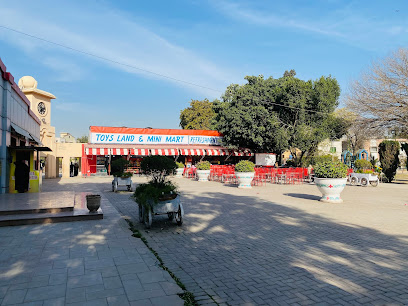
Rawat Fort
Explore Rawat Fort - A Historical Fortress Offering Stunning Views and Rich Cultural Heritage in Islamabad, Pakistan.
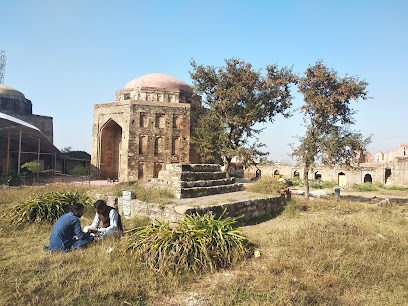
Statue of Liberty
Discover the Statue of Liberty, an iconic symbol of freedom and democracy, at Liberty Island – a must-visit destination for every traveler in New York.
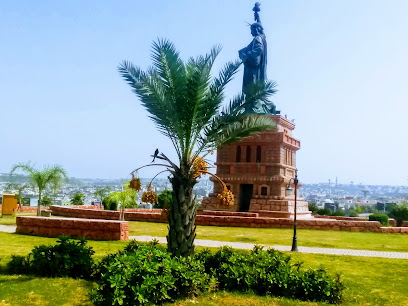
Blue Lagoon Wedding Halls
Experience elegance and sophistication at Blue Lagoon Wedding Halls, the ultimate destination for unforgettable celebrations in Rawalpindi.
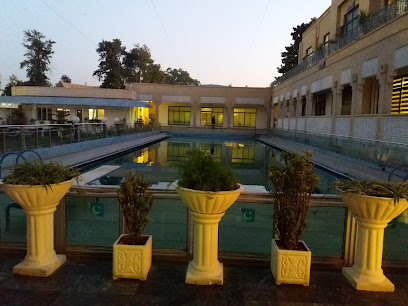
Rawal Park
Discover the lush landscapes and serene ambiance of Rawal Park, a peaceful retreat in Rawalpindi for nature lovers and families alike.
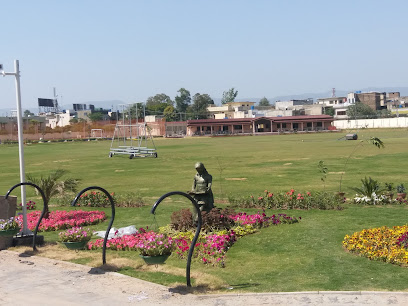
Allama Iqbal Park
Discover Allama Iqbal Park: A serene retreat in Rawalpindi, blending natural beauty with cultural heritage, perfect for relaxation and exploration.
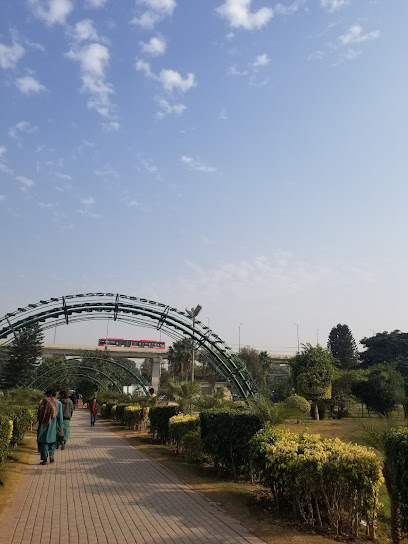
Ibn Battuta Amusement Centre
Discover the exhilarating rides and attractions at Ibn Battuta Amusement Centre in Rawalpindi, a must-visit amusement park for unforgettable family fun.
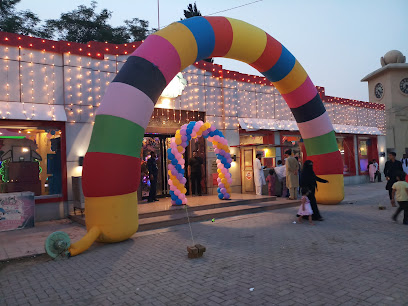
Jamia Masjid Malik Riaz Hussain
Explore the architectural splendor and serene atmosphere of Jamia Masjid Malik Riaz Hussain in Rawalpindi, a must-visit spiritual landmark.
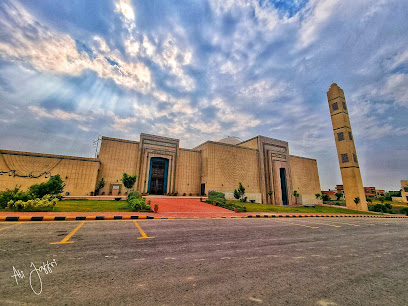
Unmissable attractions to see
Faisal Mosque Islamabad
Explore Faisal Mosque, a stunning architectural gem in Islamabad, where spirituality meets breathtaking beauty amidst the Margalla Hills.
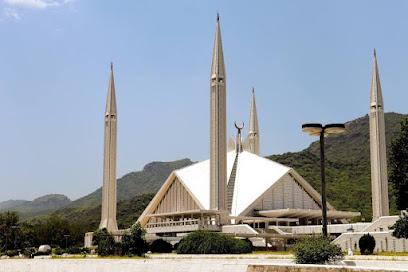
Shakarparian National Park
Explore the natural beauty and tranquility of Shakarparian National Park, a serene retreat in the heart of Islamabad, perfect for nature lovers and adventurers.
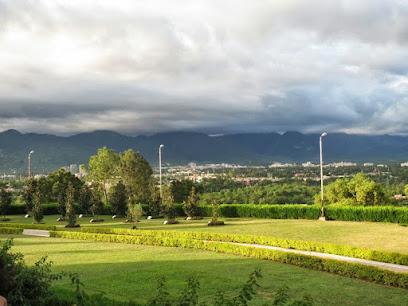
Ayub National Park
Discover the lush greenery and diverse wildlife of Ayub National Park, a natural oasis in Rawalpindi perfect for family outings and nature lovers.
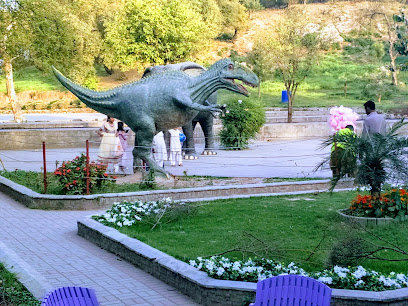
Jinnah Park
Discover Jinnah Park, Rawalpindi's serene oasis with lush gardens, recreational activities, and family-friendly attractions for a perfect day out.
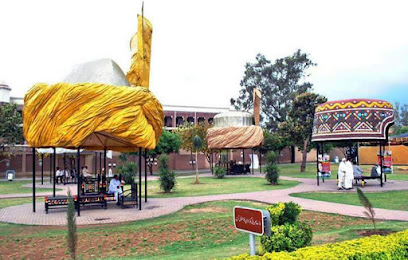
Lok Virsa Heritage Museum
Discover the rich cultural tapestry of Pakistan at Lok Virsa Heritage Museum, a must-visit destination in Islamabad for art and history lovers.
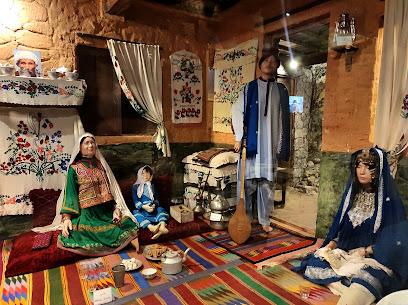
Lake View Park
Experience the natural beauty and tranquility of Lake View Park, a perfect escape in the heart of Islamabad, Pakistan.
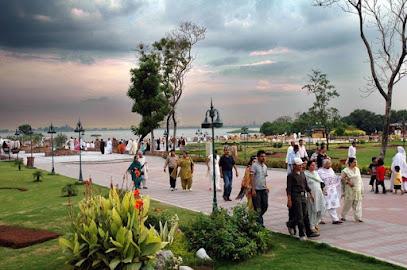
Allama Iqbal Park
Discover the beauty and cultural significance of Allama Iqbal Park, a serene oasis in Rawalpindi ideal for relaxation and reflection.
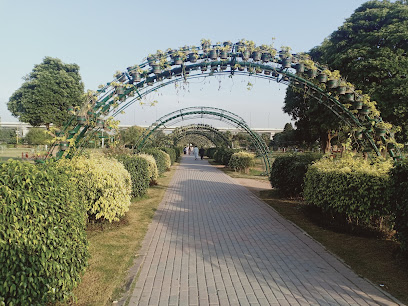
Liaquat Bagh Park
Explore Liaquat Bagh Park in Rawalpindi, a serene retreat featuring lush greenery, recreational activities, and rich cultural heritage.
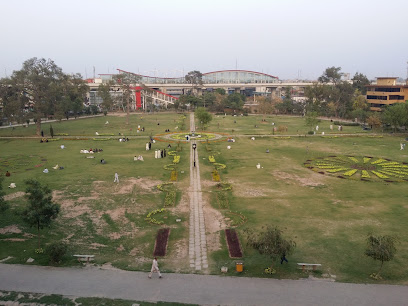
Joyland Rawalpindi
Experience the thrill of Joyland Rawalpindi, the ultimate amusement park destination for adventure seekers and families in Pakistan.
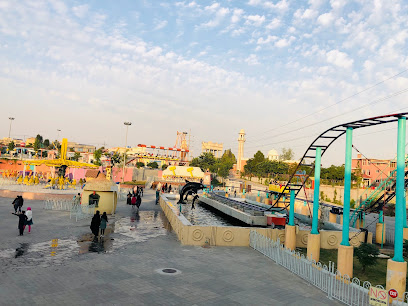
Pakistan Monument Museum
Explore the history and culture of Pakistan at the Pakistan Monument Museum, a captivating destination in Islamabad showcasing the nation's rich heritage.
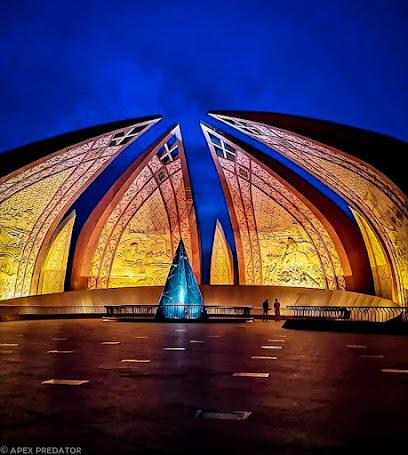
Race Course Park
Discover the perfect blend of adventure and relaxation at Race Course Park, Islamabad's premier destination for outdoor fun and scenic beauty.
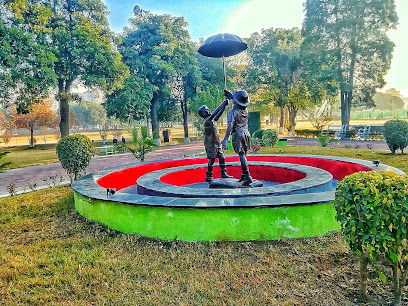
Taxila Museum
Explore Taxila Museum, a UNESCO World Heritage Site showcasing Gandharan art and ancient artifacts that tell the story of a rich cultural history.
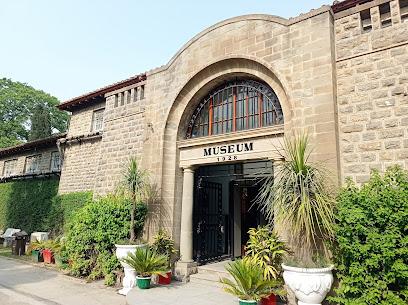
Roomi Park
Discover the serene beauty of Roomi Park, a lush urban oasis in Rawalpindi perfect for relaxation, recreation, and family fun.
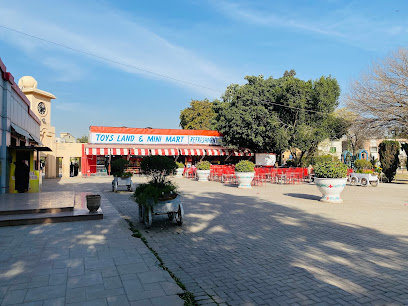
Pakistan Museum of Natural History
Explore Pakistan's natural treasures at the Pakistan Museum of Natural History, located in the beautiful Shakarparian National Park, Islamabad.

502 Test Track Park
Explore the natural beauty and recreational charm of 502 Test Track Park, a perfect getaway in Rawalpindi for families and nature lovers.
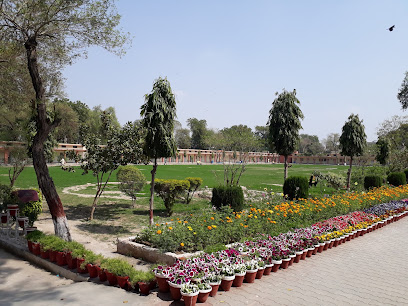
Essential places to dine
Monal Rawalpindi
Experience exquisite dining at Monal Rawalpindi, where breathtaking views meet exceptional cuisine in an upscale atmosphere.
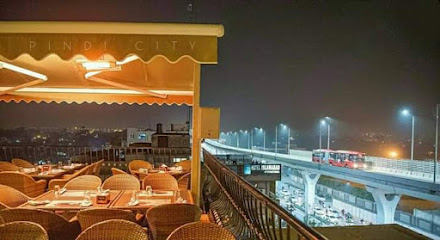
Saffron Family Restaurant
Discover the flavors of Pakistan at Saffron Family Restaurant in Rawalpindi, where delicious dishes meet warm hospitality.
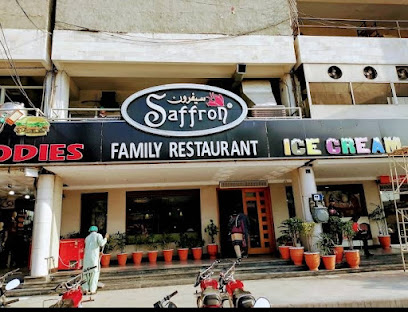
chaayé khana
Discover Chaayé Khana: A premier brunch spot in Islamabad offering delightful flavors and a cozy ambiance perfect for any meal.
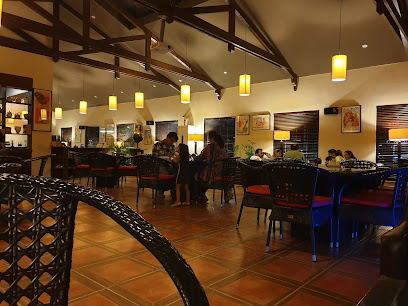
KALLISTO
Discover KALLISTO in Rawalpindi - where exquisite cuisine meets elegant ambiance for an unforgettable dining experience.
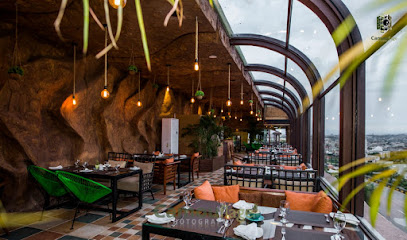
Mei Kong
Experience authentic Chinese flavors at Mei Kong in Rawalpindi's Saddar district—where every dish tells a story.
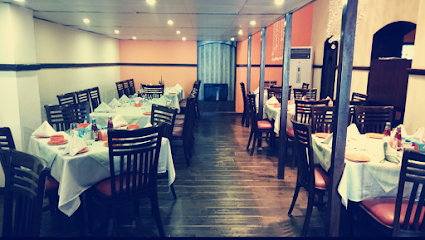
Kala Khan Nehari House
Discover the rich flavors of authentic Pakistani cuisine at Kala Khan Nehari House - your gateway to traditional tastes in Rawalpindi.
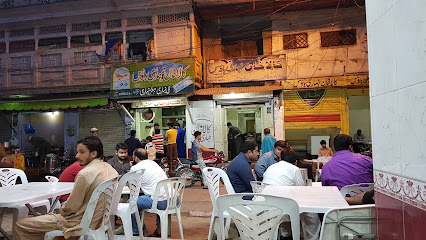
Anarkali Restaurant
Experience the authentic flavors of Pakistani cuisine at Anarkali Restaurant in Rawalpindi – where every dish tells a story.
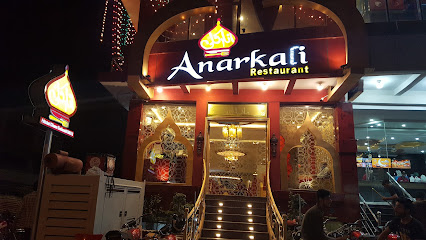
Diva
Discover Diva: A premier dining destination in Rawalpindi offering exquisite cuisine and breathtaking views.
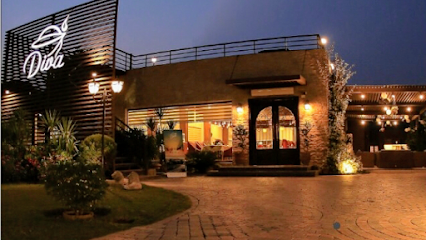
Diva Restaurant
Experience the flavors of Asia at Diva Restaurant in Jinnah Park - where delicious food meets serene surroundings.
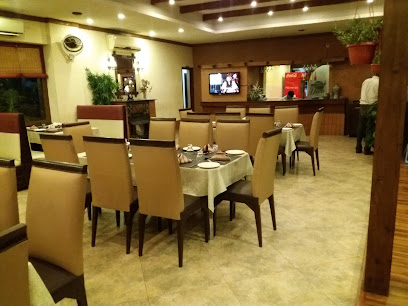
Ox & Grill Continental Restaurant
Experience exquisite continental dining at Ox & Grill in Bahria Town—where flavor meets hospitality in Rawalpindi.
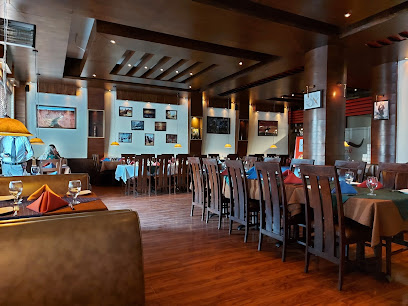
Aseel Shinwari Restaurant
Discover authentic Pakistani flavors at Aseel Shinwari Restaurant in Rawalpindi - a must-visit for every food lover exploring Punjab.
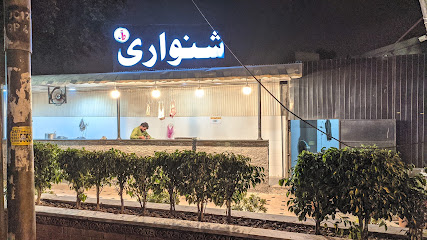
Lasania Restaurant
Discover the flavors of Pakistan at Lasania Restaurant - where tradition meets taste in Rawalpindi's vibrant culinary scene.
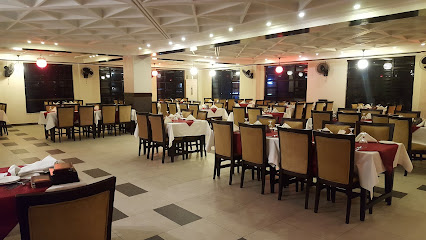
Usmania Restaurant
Experience the rich flavors of traditional Pakistani cuisine at Usmania Restaurant in Rawalpindi - a culinary gem for every tourist.
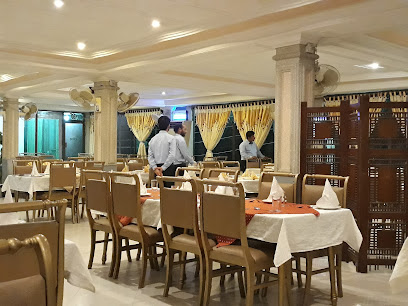
Saffron Restaurant
Experience the authentic taste of Pakistan at Saffron Restaurant in Rawalpindi – where tradition meets flavor in every bite.
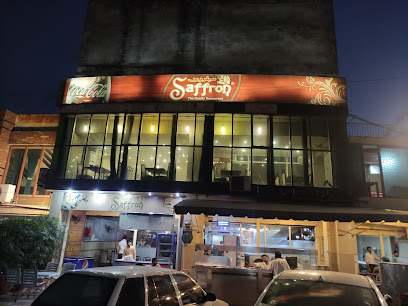
Ox & Grill Steak House
Indulge in the finest steaks at Ox & Grill Steak House in Rawalpindi - where flavor meets tradition in every bite.
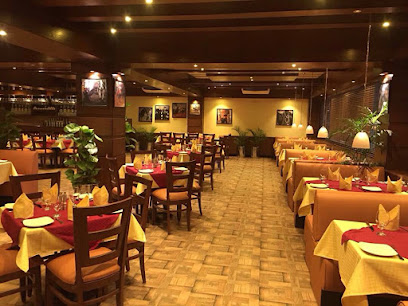
Markets, malls and hidden boutiques
Al Janat Mall, Commercial Market
Discover Al Janat Mall in Rawalpindi—your ultimate destination for shopping, dining, and entertainment.
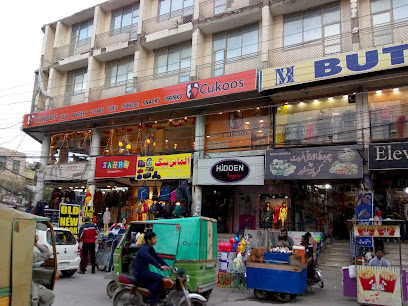
China Market Rawalpindi
Discover the vibrant atmosphere of China Market in Rawalpindi, a treasure trove of local goods, mouth-watering street food, and cultural experiences.
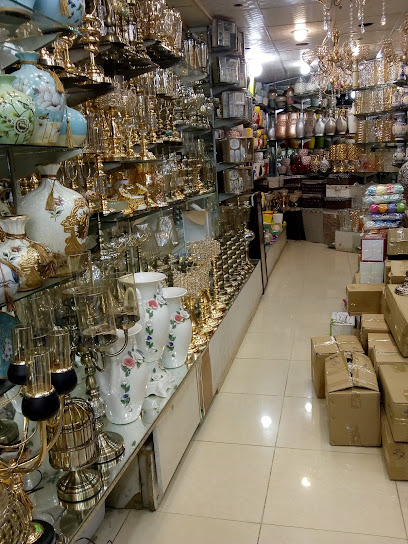
Mushtaq Cloth Store
Discover fashionable attire at Mushtaq Cloth Store in Rawalpindi, where tradition meets modern style for an unforgettable shopping experience.
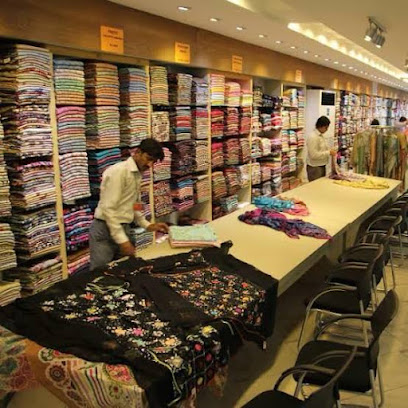
Rawalpindi Shopping Mall
Experience the best of shopping, dining, and entertainment at Rawalpindi Shopping Mall, a vibrant hub in the heart of Rawalpindi.
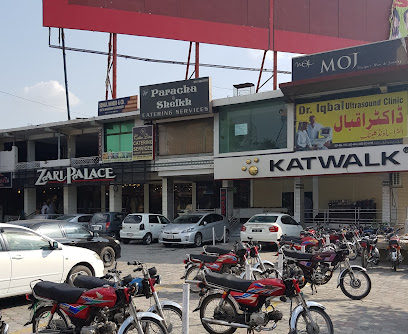
Rabi center saddar
Explore Rabi Center Saddar, a vibrant shopping destination in Rawalpindi, offering the latest trends in women's clothing and accessories.
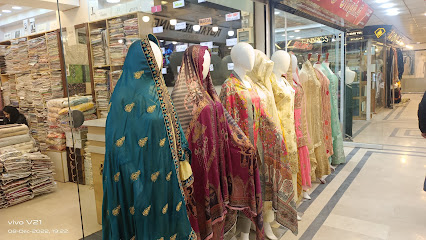
Haroon's
Discover Haroon's, Rawalpindi's vibrant gift shop, showcasing unique treasures and local handicrafts perfect for every traveler.
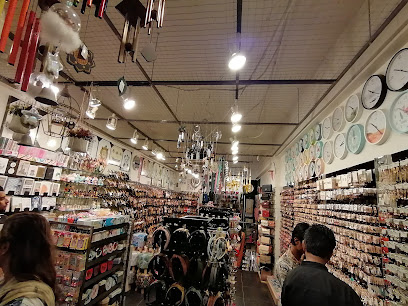
ZARI PALACE shop no 4'5'6 Al-Shaikh plaza Chandni chowk , murree rd.
Experience the charm of local fashion at ZARI PALACE Boutique, your destination for elegance and style in Rawalpindi.
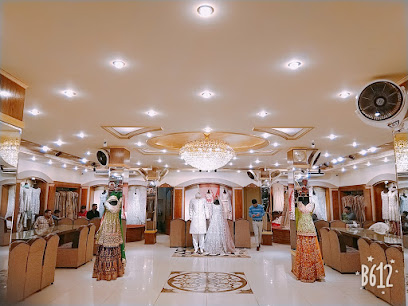
Design Your Own
Discover unique gifts and personalized treasures at Design Your Own, the heart of creativity in Rawalpindi's Saddar district.

Ethnic
Explore the essence of Pakistani culture through Ethnic's stunning collection of traditional and contemporary clothing in Rawalpindi.
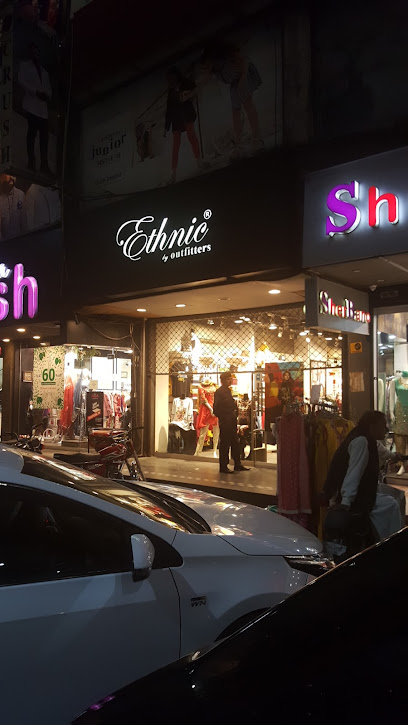
Khattak Brothers Krayana And General Store
Explore Khattak Brothers Krayana And General Store in Rawalpindi for genuine local products and a taste of daily life in Pakistan's vibrant culture.
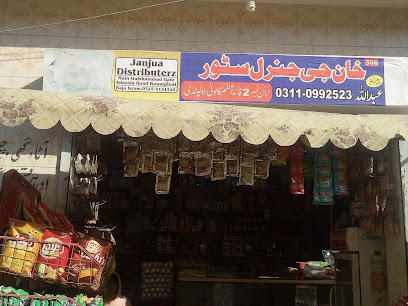
Shiza Variety Store
Experience the vibrant local life at Shiza Variety Store in Rawalpindi, where unique treasures and warm hospitality await every visitor.
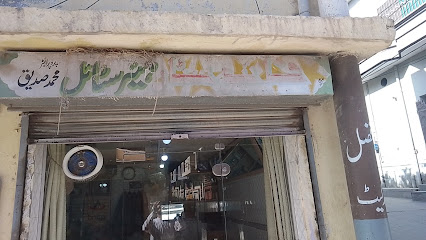
Ideal Boutique آئیڈیل بوتیک
Ideal Boutique in Rawalpindi: Your destination for fashionable clothing and exceptional service, offering a unique blend of style and tradition.
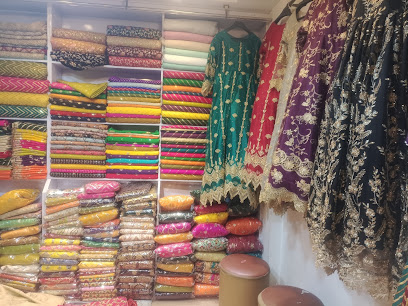
Needs Store
Explore the finest home goods at Needs Store in Rawalpindi, where local charm meets exceptional quality and service.
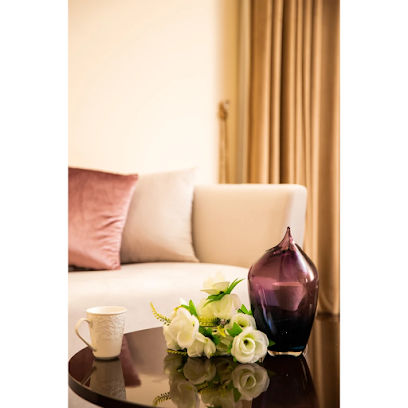
Lucky choice centre
Explore the vibrant array of unique gifts and local crafts at Lucky Choice Centre, the perfect shopping destination in Rawalpindi.
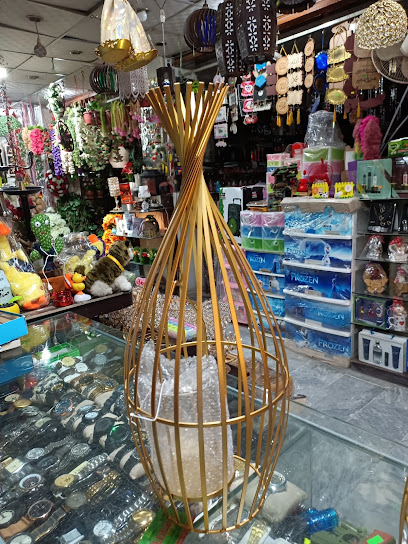
Stylein Online Shopping Mall
Explore Stylein Online Shopping Mall, a premier destination in Rawalpindi for fashion, home decor, and unique finds that capture the local essence.
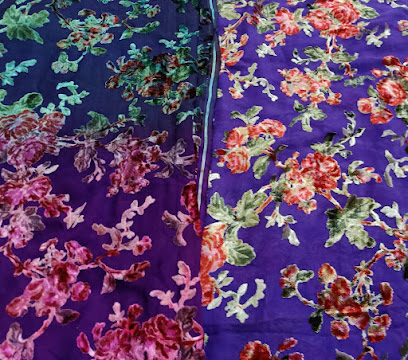
Essential bars & hidden hideouts
Smash it
Experience the thrill of sports in Rawalpindi's top sports bar, Smash It, where delicious food and live games come together for an unforgettable outing.
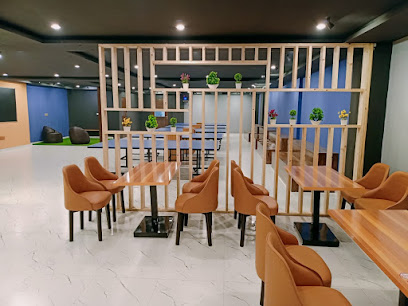
Street Juice
Discover the vibrant atmosphere of Street Juice, a lively bar in Rawalpindi offering refreshing drinks and a taste of local nightlife.
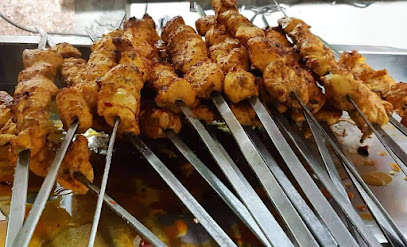
Crescent Snooker Club
Experience the joy of snooker at Crescent Snooker Club, Rawalpindi's premier sports bar for enthusiasts and socializers alike.
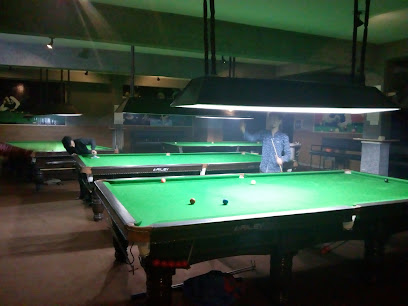
ڈیرہ AaTi کھوکھر
Discover the lively ambiance and diverse drink selection at ڈیرہ AaTi کھوکھر in Rawalpindi - a must-visit bar for an authentic local experience.

Vicky Lemon Soda Pakistan
Experience the vibrant local culture at Vicky Lemon Soda in Rawalpindi, renowned for its refreshing beverages and lively atmosphere.
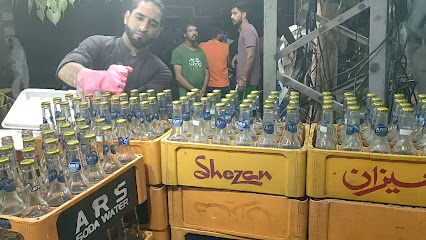
Sky line lounge bahria town
Experience luxury dining and vibrant nightlife at Skyline Lounge, the premier bar in Bahria Town, Rawalpindi, Islamabad.

E-in-C Branch Cafe
Experience the cozy charm of E-in-C Branch Cafe in Rawalpindi, where delightful refreshments meet a warm, inviting atmosphere.

Darbar shiya khan
Darbar Shiya Khan: Your go-to dart bar in Rawalpindi for fun, friendship, and fantastic games.
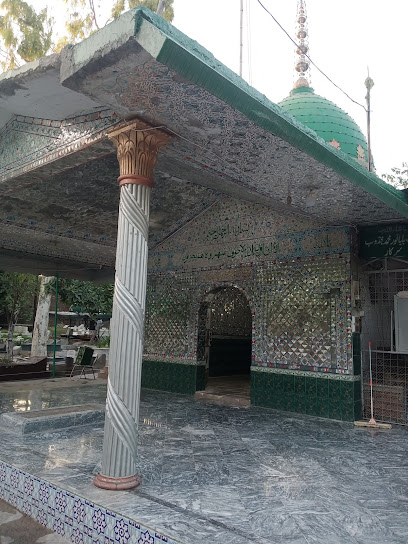
FURC Cafeteria'
Discover the charm of Rawalpindi at FURC Cafeteria, where local flavors meet a cozy ambiance in New Lalazar.

U.Kبلوک فیکٹری
Discover the lively nightlife at U.Kبلوک فیکٹری, Rawalpindi's vibrant bar offering a unique mix of local beverages and a welcoming atmosphere.
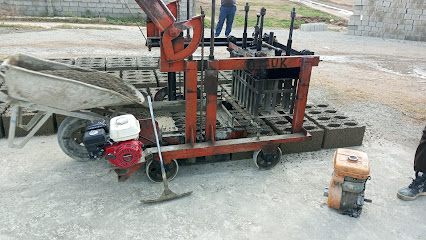
I-2000
Discover the vibrant nightlife at I-2000, Rawalpindi's premier bar, offering a lively atmosphere and a diverse drink menu for an unforgettable evening.

POP IN CORNER
Experience the vibrant local nightlife at POP IN CORNER, a cozy bar in Quaid e Azam Colony, Rawalpindi, offering a diverse drink selection.
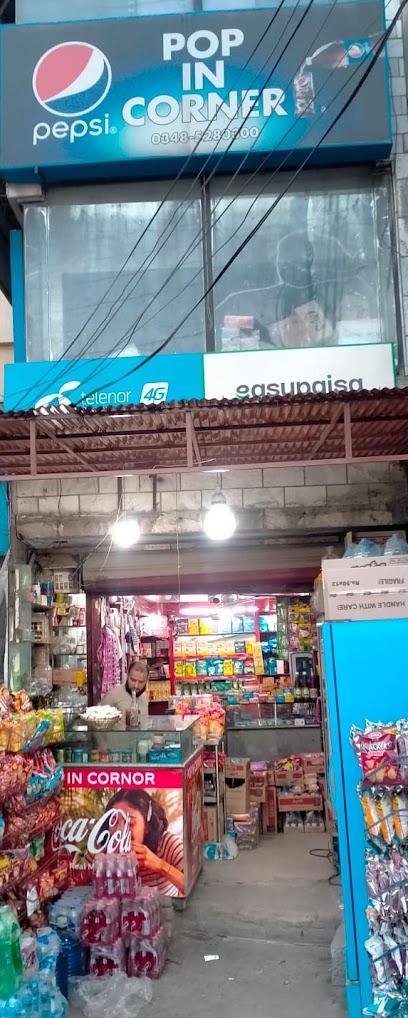
Black shepra
Discover the vibrant atmosphere of Black Shepra, a popular bar in Rawalpindi offering delicious drinks and local snacks for an unforgettable night.

Sdk
Discover the vibrant atmosphere of Sdk, a local bar in Rawalpindi, offering a unique blend of drinks and cultural charm for an unforgettable nightlife experience.
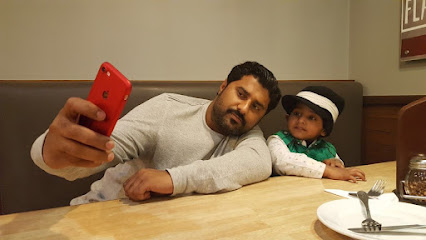
Local Phrases
-
- Helloآداب
[Aadaab] - Goodbyeخدا حافظ
[Khuda Hafiz] - Yesہاں
[Haan] - Noنہیں
[Nahi] - Please/You're welcomeبراہ کرم
[Barah-e-karam] - Thank youشکریہ
[Shukriya] - Excuse me/Sorryمعاف کیجیے
[Maaf kijiye] - How are you?آپ کیسے ہیں؟
[Aap kaise hain?] - Fine. And you?ٹھیک ہوں۔ آپ؟
[Theek hoon. Aap?] - Do you speak English?کیا آپ انگریزی بولتے ہیں؟
[Kya aap angrezi boltay hain?] - I don't understandمجھے سمجھ نہیں آئی
[Mujhe samajh nahi aayi]
- Helloآداب
-
- I'd like to see the menu, pleaseبراہ کرم مینو دیکھنا چاہتا ہوں
[Barah-e-karam menu dekhna chahta hoon] - I don't eat meatمیں گوشت نہیں کھاتا
[Main gosht nahi khaata] - Cheers!چیرز!
[Cheers!] - I would like to pay, pleaseبراہ کرم ادا کرنا چاہتا ہوں
[Barah-e-karam ada karna chahta hoon]
- I'd like to see the menu, pleaseبراہ کرم مینو دیکھنا چاہتا ہوں
-
- Help!مدد!
[Madad!] - Go away!چلے جاؤ!
[Chale jao!] - Call the Police!پولیس کو بلاؤ!
[Police ko bulao!] - Call a doctor!ڈاکٹر کو بلاؤ!
[Doctor ko bulao!] - I'm lostمیں گم ہو گیا ہوں
[Main gum ho gaya hoon] - I'm illمیں بیمار ہوں
[Main bimar hoon]
- Help!مدد!
-
- I'd like to buy...میں خریدنا چاہتا ہوں...
[Main khareedna chahta hoon...] - I'm just lookingمیں صرف دیکھ رہا ہوں
[Main sirf dekh raha hoon] - How much is it?یہ کتنا ہے؟
[Ye kitna hai?] - That's too expensiveیہ بہت مہنگا ہے
[Ye bohat mehnga hai] - Can you lower the price?کیا آپ قیمت کم کر سکتے ہیں؟
[Kya aap qeemat kam kar sakte hain?]
- I'd like to buy...میں خریدنا چاہتا ہوں...
-
- What time is it?وقت کیا ہوا ہے؟
[Waqt kya hua hai?] - It's one o'clockایک بجے ہیں
[Ek bajay hain] - Half past (10)دس بج کر بیس منٹ ہو گئے ہیں
[Das baj kar bees minute ho gaye hain] - Morningصبح
[Subah] - Afternoonدوپہر
[Dopahar] - Eveningشام
[Shaam] - Yesterdayکل
[Kal] - Todayآج
[Aaj] - Tomorrowکل کو
[Kal ko] - 1ایک
[Ek] - 2دو
[Do] - 3تین
[Teen] - 4چار
[Cha-ar] - 5پانچ
[Paanch] - 6چھے
[Chhay] - 7سات
[Saat] - 8آٹھ
[Aath] - 9نو
[No] - 10دس
[Das]
- What time is it?وقت کیا ہوا ہے؟
-
- Where's a/the...?...کہاں ہے؟
[...Kahan hai?] - What's the address?پتہ کیا ہے؟
[Pata kya hai?] - Can you show me (on the map)?کیا آپ مجھے دکھا سکتے ہیں؟
[Kya aap mujhe dikha sakte hain?] - When's the next (bus)?اگلی گاڑی کب آئے گی؟
[Agli gari kab aayegi?] - A ticket (to ....)ایک ٹکٹ (سے .... تک)
[Ek ticket (se .... tak)]
- Where's a/the...?...کہاں ہے؟
History of Rawalpindi
-
Rawalpindi's history can be traced back to ancient times. Archaeological evidence suggests that the region was inhabited during the Buddhist era, around 600 B.C. The city was named after Rawal, a local leader who founded the settlement. The word 'Pindi' means 'village' in Punjabi, reflecting its origins as a small community.
-
During the 1st to 5th centuries, Rawalpindi was part of the flourishing Gandhara civilization, which was renowned for its art, culture, and learning. The nearby Taxila, a UNESCO World Heritage Site, was one of the most prominent centers of Buddhism and home to the ancient world's oldest university.
-
In the 11th century, Rawalpindi came under the control of the Ghaznavid Empire after the conquests of Sultan Mahmud of Ghazni. This period marked the beginning of Islamic influence in the region, which would shape its culture and architecture for centuries to come.
-
During the 16th and 17th centuries, Rawalpindi became an important city under the Mughal Empire. The Mughals established administrative and military structures, contributing to the city's strategic importance. The remnants of Mughal architecture and gardens still add to the city's historical landscape.
-
Rawalpindi came under Sikh rule in the early 19th century when Maharaja Ranjit Singh's forces captured the area. In 1849, following the Second Anglo-Sikh War, the British East India Company annexed Rawalpindi. The British built a cantonment here, making it a key military outpost. This era saw significant infrastructural development, including the establishment of railways and modern roads.
-
The partition of India in 1947 was a pivotal moment in Rawalpindi's history. As the newly formed Pakistan gained independence, Rawalpindi saw an influx of refugees from India, reshaping its demographic and cultural landscape. The city played a crucial role during the early years of Pakistan's formation.
-
Post-independence, Rawalpindi emerged as a major military hub for Pakistan. It houses the headquarters of the Pakistan Army and several other key military installations. This has cemented its status as a city of strategic significance in Pakistan's defense infrastructure.
-
Today, Rawalpindi is a blend of historical heritage and modern urban development. The city is known for its vibrant bazaars, traditional crafts, and cultural festivals. Sites like Raja Bazaar, Saddar, and the historic Liaquat Bagh are testament to its rich cultural tapestry, while modern institutions and amenities reflect its growth and development.
Rawalpindi Essentials
-
Rawalpindi is well-connected both internationally and domestically. The nearest international airport is Islamabad International Airport, located about 25 kilometers from the city center. From the airport, you can take a taxi, hire a private car, or use ride-sharing services to reach Rawalpindi. For domestic travelers, Rawalpindi is accessible via a comprehensive network of trains and buses from major cities across Pakistan.
-
Once in Rawalpindi, you have several options for getting around. Taxis and auto-rickshaws are plentiful and relatively inexpensive. Ride-sharing services like Uber and Careem are also available. For short distances, you can use local buses and minibuses, though they can be crowded. Renting a car is another option if you prefer more freedom and flexibility. The city's main railway station offers convenient train connections to other parts of Pakistan, and the Metro Bus Service offers an efficient route to Islamabad.
-
The official currency of Pakistan is the Pakistani Rupee (PKR). Credit and debit cards are widely accepted in hotels, restaurants, and larger shops, but it's advisable to carry some cash for smaller vendors and in less urban areas. ATMs are readily available throughout Rawalpindi, and currency exchange services can be found at the airport and in major commercial areas.
-
Rawalpindi is generally safe for tourists, but it's important to take standard precautions. Avoid walking alone at night in unfamiliar or less crowded areas. Areas like Raja Bazaar can be crowded and are best visited during the day. Keep an eye on your belongings, especially in busy markets and public transport. It's advisable to consult local news and updates for any travel advisories.
-
In case of an emergency, dial 15 for police assistance and 1122 for medical emergencies and rescue services. Major hospitals like Holy Family Hospital and Benazir Bhutto Hospital are well-equipped to handle medical emergencies. It is advisable to have travel insurance that covers medical emergencies. Pharmacies are commonly found throughout the city for any minor health issues.
-
Fashion: Do dress modestly, especially when visiting religious sites. Avoid revealing clothing. Religion: Do respect local customs and traditions. Always cover your head when entering mosques. Public Transport: Do be respectful and give up your seat to elderly passengers. Don't eat or drink on public transport. Greetings: Do greet people with a handshake. Use 'As-Salaam-Alaikum' as a greeting. Eating & Drinking: Do try local delicacies and accept food offerings graciously. Don't refuse hospitality, as it is considered impolite.
-
To experience Rawalpindi like a local, visit the local markets such as Raja Bazaar and Saddar Bazaar where you can buy everything from fresh produce to traditional Pakistani goods. Engage with locals, as they are often friendly and willing to share stories about the city's history and culture. Don't miss visiting the historical sites like the Rawat Fort and the ancient Hindu temple complex of Katas Raj. For a unique experience, take a stroll in Ayub National Park, which offers beautiful landscapes and recreational activities.
Trending Landmark in Rawalpindi
Nearby Cities to Rawalpindi
-
Things To Do in Islamabad
-
Things To Do in Murree
-
Things To Do in Abbottabad
-
Things To Do in Kaghan
-
Things To Do in Peshawar
-
Things To Do in Naran
-
Things To Do in Sialkot
-
Things To Do in Gujranwala
-
Things To Do in Swat
-
Things To Do in Jammu
-
Things To Do in Faisalabad
-
Things To Do in Lahore
-
Things To Do in Chitral
-
Things To Do in Amritsar
-
Things To Do in Gilgit













